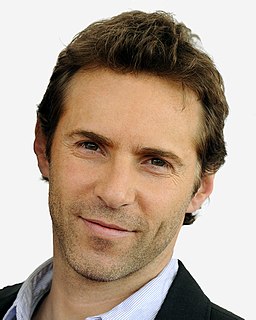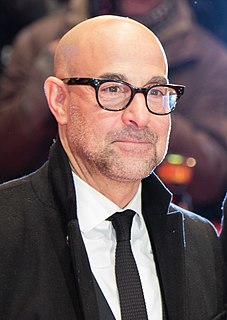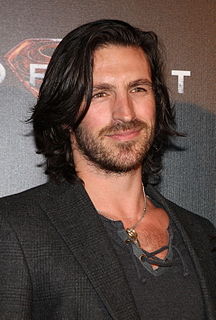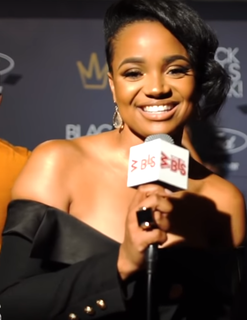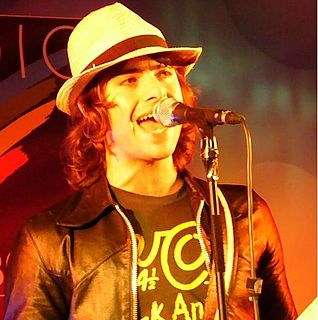A Quote by Alessandro Nivola
The research period of a film is the most exciting part of the process, and filming is sometimes a letdown because when you're dealing with biopic material, the real thing is always much more intricate than the story told in the film.
Related Quotes
Film is more than the twentieth-century art. It's another part of the twentieth-century mind. It's the world seen from inside. We've come to a certain point in the history of film. If a thing can be filmed, the film is implied in the thing itself. This is where we are. The twentieth century is on film. You have to ask yourself if there's anything about us more important than the fact that we're constantly on film, constantly watching ourselves.
Every part of it is important; the film comes alive when you edit it, the film comes alive when you write it, the film comes alive when you act it, and the same with the directing. They're all the most important part at the time and that's why I enjoy doing it, because you're creating a story and every part is a very integral part of it.
We see films all the time, whether they have access to all kinds of intellectual property or artifacts, and the one thing that they don't get is story. So I think whether you're talking about a biopic or an action film or a science-fiction film that has all the CGI in the world, if you're not trying to connect with an audience, it doesn't really matter.
At the end of the process we called a market research company to find out whom the film was for or what was the target audience. We didn't have a lot of money to release the film, so in order for it to play in cinemas, which are dominated by films with much larger marketing budgets, we had to discover whom the film was for.
I would make a huge distinction between theater improvisation and film improvisation. There isn't much improvisation in film - there's virtually none. The people that theoretically could be good at this in a theater situation don't necessarily do this in a film in a way that will work, because it's much broader on a stage. But in a movie, it has to be real, and the characters have to look entirely real because it's being done as a faux documentary, so there are even fewer actors that can do that on film.
For me, filmmaking is an ongoing self-reflection process. I kind of push everything to the edge. I feel very exposed and fragile when I make a film. It's a process of dealing with loneliness. And it's also very dramatic - because while you are working on a film, you just realize how incapable you are of dealing with all these things. And you open yourself up, and it's like your heart is utterly exposed. And it's very tiring on a daily basis.
I just feel like when a good project comes along, I'm not going to discriminate against it because it's television or because it's a film. I never want to say no to something just because of the area that it's in. If it's a good story or I think it's going to be exciting to play or exciting to be a part of, then I'm going to be a part of it.
